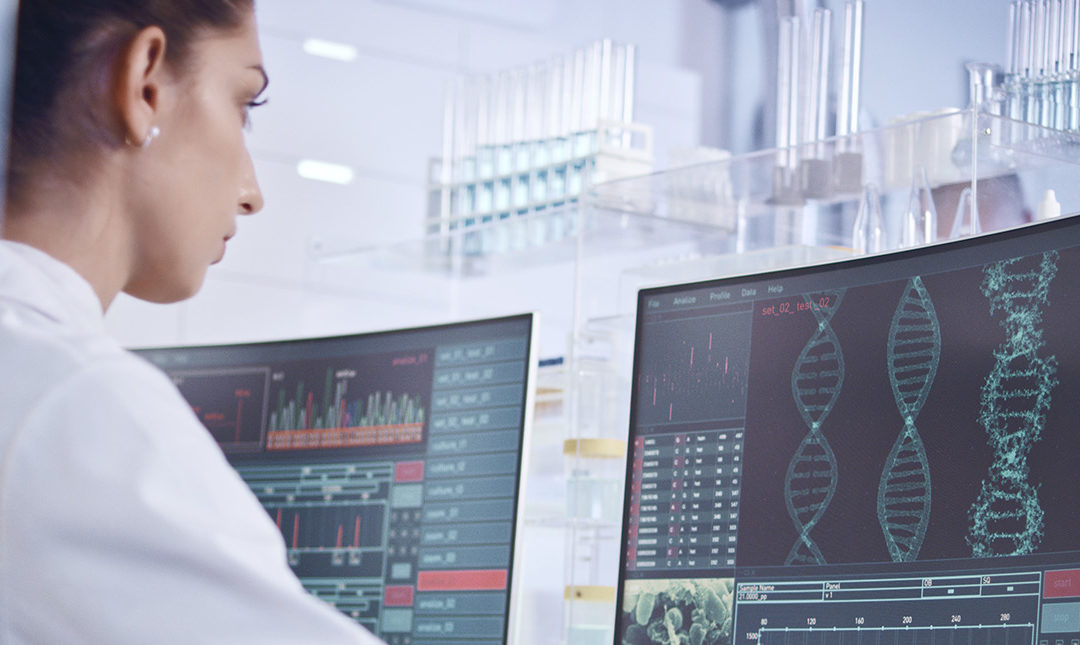Technology Comes Alive
Biotechnology, simply put, is technology that utilizes the biological systems found in living organisms (or the living organisms themselves) to develop and make new commercial products. While cutting-edge developments in areas such as cloning and genetic engineering grab the headlines, the practice of using living organisms to create products has been around for over 6,000 years. Processes such as brewing, baking bread, and making cheese all use living organisms (yeast) to produce the desired product. Though certainly refined over the years, many of these practices have remained fundamentally unchanged. The driving force of biotechnology today is the sequencing of the human genome which will impact almost every aspect of our lives, from “our environment, to what we eat, to how we diagnose and treat illness.”
Biotechnology covers many different scientific disciplines, including biochemistry, molecular biology, genetics, biomedical engineering, pharmacology, and microbiology, to name just a few. Biotechnology can also be divided into a wide range of sub-areas, including medical biotechnology (vaccines, antibiotics, antiviral, chemotherapeutics), agricultural biotechnology (selective breeding, genetically modified plants, biofuels), industrial biotechnology (fermentation, chemicals, textiles, food), and environmental biotechnology (bioremediation, wastewater treatment, soil conservation).
To learn more about the science of biotechnology and to access Ocean Connect’s wide range of educational and career resources, please visit our Biotechnology snapshot.

